Intrinsically safe and explosion-proof installations covered with one device.
Clark County Commissioners have approved John Entsminger for the agency's top executive post. He has been the senior deputy general manager for the district and the Southern Nevada Water Authority.

The agency has proposed standards for new woodstoves, heaters, and fireplace inserts beginning in 2015.

Will the Supreme Court, which recently let stand the D.C. Circuit's decision that greenhouse gases present a danger to the environment through climate change, allow EPA to control greenhouse gases from stationary sources?
- By Christopher Ahlers, Ashley Welsch

Sites in six states were selected from among 25 proposals from 24 states, the Federal Aviation Administration announced Dec. 30.
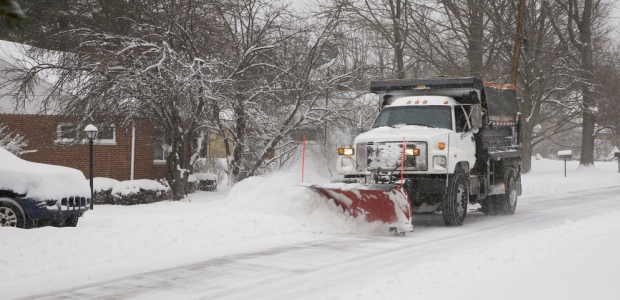
More than 1,500 "snowfighters" are expected to attend the May 2014 four-day conference, which features a general session focused on risk, safety, and liability issues.
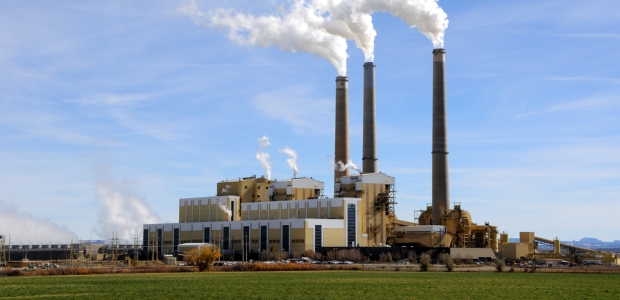
Will EPA finally propose regulations that significantly reduce carbon emissions from existing coal-fired power plants?
- By Kevin Jones, Mychal Ozaeta
BSEE Oil Spill Response Division Chief David Moore said the agency hopes "to spur further innovation and to improve upon the techniques and technology available to respond to potential oil spills."
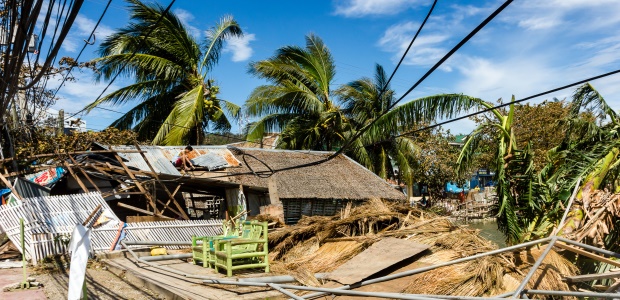
Will federal flood insurance reforms fully embrace the new reality of climate change driving frequent and intense storms?
- By Stuart Souther, Jake Beckstrom

Six hundred and nine days in the making, KAI Design & Build recently completed a construction management assignment to build one of the largest Ultraviolet (UV) wastewater disinfection systems in the country, to date.
According to EPA, it has listed 1,694 sites since 1983 and has completed the cleanup of 1,147 of them, or 68 percent.
The Department of Justice announced that a federal court jury convicted Kurt Mix, a former engineer for BP plc, on one count of obstruction of justice for intentionally destroying evidence requested by federal authorities investigating the accident.
John Beale, a former senior policy advisor in the agency's Office of Air and Radiation, had pleaded guilty to stealing government money. He has agreed to pay about $890,000 in restitution and about $500,000 to DOJ in criminal forfeiture.
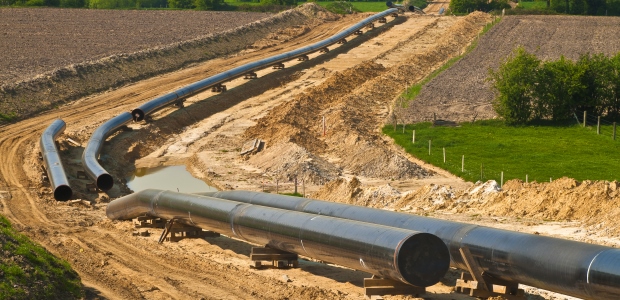
President Obama’s awaited decision on the Keystone XL pipeline has become a proxy for the larger debate on climate change. Will Obama allow the pipeline to go forward?
The United States are almost tied for eWaste volume per year, each responsible for a 20 percent of the total volume.
OriginOil describes it as a high-speed, chemical-free process to clean up large quantities of water. The company will inaugurate its Permanent Technology Showcase during the Dec. 18 demonstration.
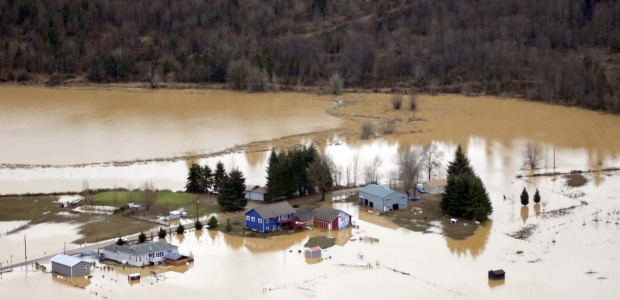
Will the new Farm Bill’s policies cause agriculture to contribute to or mitigate against climate change? As the largest investment in working lands, the pending Farm Bill may be our best bet to address agriculture’s contribution to climate change. Proposed changes would ironically reduce conservation programs, which mitigate climate change, and provide more insurance for farmers affected by climate change events, shoring up profits for commodity producers.
- By Laurie Ristino, Allison Gabala
The agency is issuing a final guidance document that explains how animal pharmaceutical companies can work with it to voluntarily remove growth enhancement and feed efficiency indications from the approved uses of their medically important antimicrobial drug products.
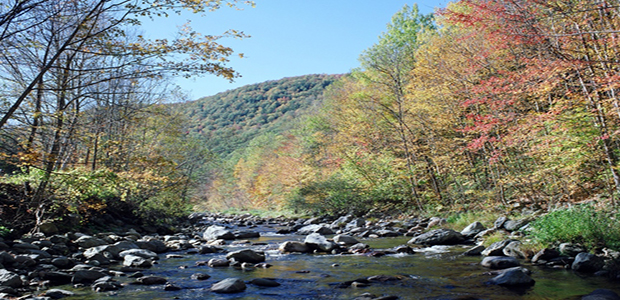
A recent study conducted by Harvard University urges the importance of land-use regulations to help preserve water quality, increase the amount of harvested wood, and protect wildlife habitats.
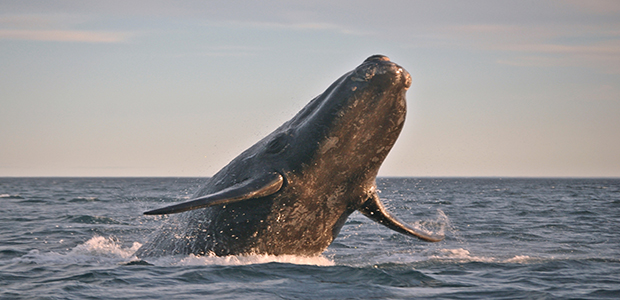
According to the NOAA, a final rule has been issued to help keep protecting the endangered North Atlantic right whale by reducing lethal vessel collisions.